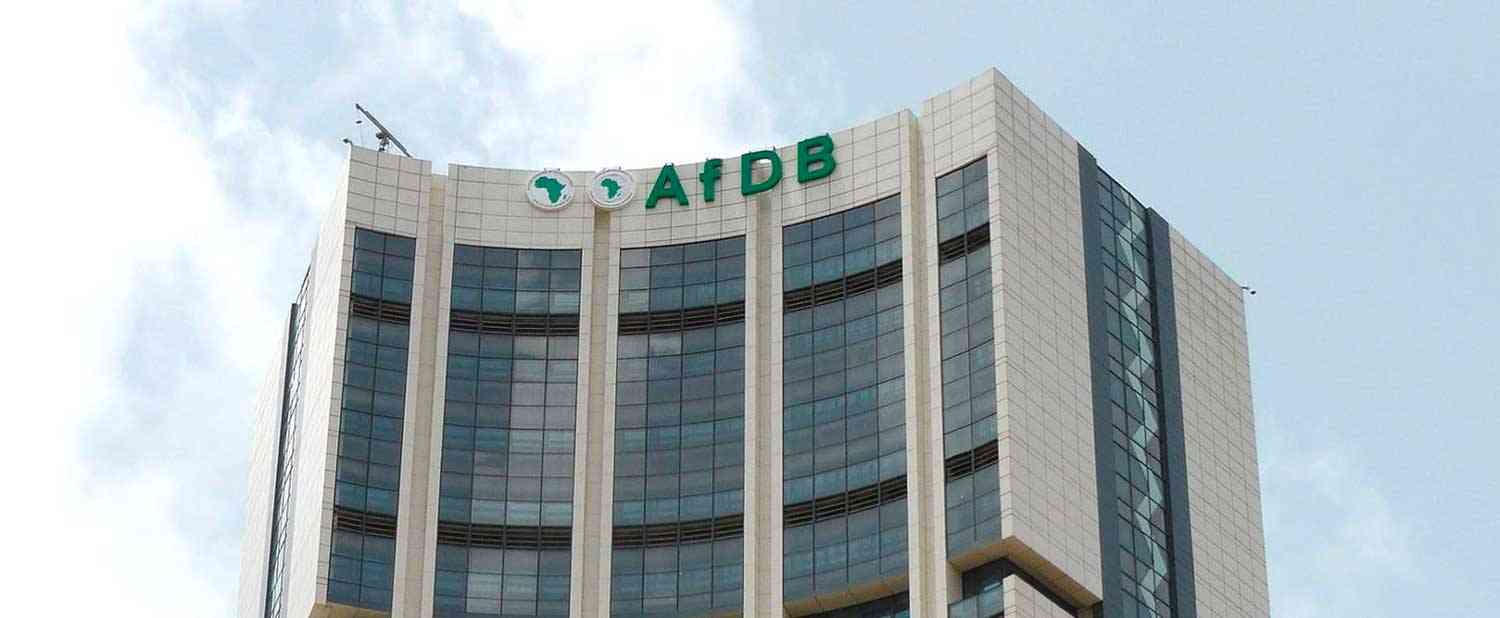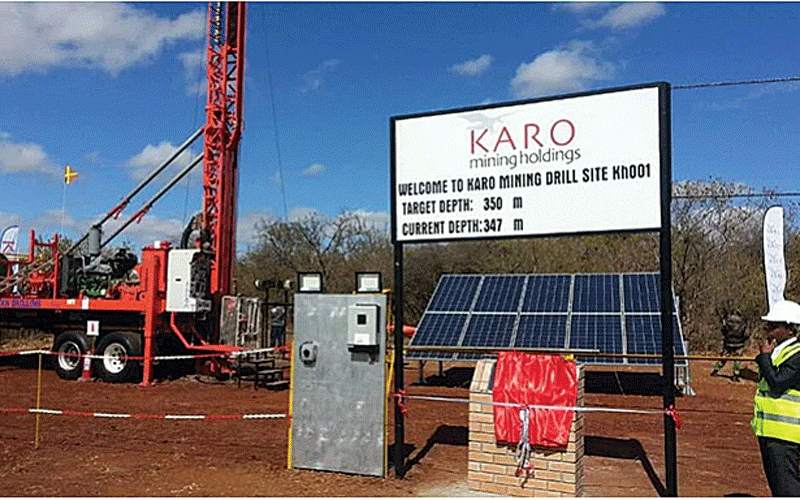
BY BUSINESS REPORTER OK Zimbabwe said on Friday the on-going expansion and refurbishment projects would be gaining traction during the current financial year, giving impetus to the group’s ambition to build an operation whose brand rules the supermarket landscape.
The Zimbabwe Stock OK poured in US$2,1 billion to scale up branch upgrades, as it added two stores to its portfolio during the year ended March 21, 2022.
Retail analysts say this was no small feat for an operation, which along with the entire retail sector experienced shocks as the economy relapsed again, hammering consumer spending power.
At the heart of the fresh crisis has been foreign currency shortages, turmoil on the exchange rate front and an aggressively charging inflation, which returned to tripled digit ranges in April.
Pockets of shortages have also returned to haunt consumers and supermarkets, who have had to introduce rationing regimes after sporadic stock outs.
But OK chairman, Herbert Nkala, a veteran of navigating through Zimbabwe’s never ending crises, struck a defiant tone as he shared the full year financial statements with investors.
“The group continued with its store refurbishment programme with make-overs completed at OK Masvingo, OK Queensdale, Bon Marché Avondale, OK Mbare and OK Chinhoyi,” Nkala said.
“The group opened two new stores during the year, OK Banket and OK Mart Chivhu.”
- Chamisa under fire over US$120K donation
- Mavhunga puts DeMbare into Chibuku quarterfinals
- Pension funds bet on Cabora Bassa oilfields
- Councils defy govt fire tender directive
Keep Reading
He added: “Despite these challenges, the group continues with its expansion plans, with a number of refurbishments and new stores scheduled for the current financial year.
“The group is also upgrading its information communication technology platforms to improve operational efficiencies and support its innovation thrust.
“The operating environment remains challenging with high inflation levels and exchange rate volatility.
“Post the end of the financial year, inflationary pressures increased markedly driven by the sharp depreciation of the local currency.”
He said increased tax related costs were threatening profitability.
Inflation adjusted profit after tax grew by 48,9% to $2,8 billion during the period, from $1,9 billion in the comparative period last year.
During the period under review, income tax grew to $2,02 billion from a 2021 comparative of $1,59 billion.
In the 2021 national budget statement, released in November 2020, government announced that businesses would pay corporate tax in proportion to the gross income that is earned in either currency, excluding retention or liquidation thresholds.
Also, local businesses were told that 20% of locally generated foreign currency receipts would be liquidated at the prevailing auction forex rate.
Further, the tax-free threshold under the intermediated money transfer tax was raised from $300 to $500.
The maximum tax payable per transaction by corporates was increased from the current $25 000 to $800 000 on transactions with values exceeding $40 million.
“The group continued to endure excessive intermediated money transfer tax during the year,” Nkala said.
“The increase in the transaction thresholds had a dramatic impact on the competitiveness of the formal retail sector, drives inflation and undermines profitability and attractiveness of Zimbabwe as an investment destination.”
He added: “The group continues to appeal to the authorities to reduce these transaction thresholds to create an even playing field for the retail trade which will benefit customers. An effective corporate tax rate of 34,3% is unsustainable”.
Nkala said overheads grew by 37% over prior year owing to some of these tax changes.
“Staff costs, electricity charges, rentals, bank charges and depreciation are the cost lines that contributed most significantly to overheads growth,” he said.
“The less than anticipated rains for the 2021/22 agricultural season will affect yields and impact consumer real disposable incomes.
“The Russia-Ukraine conflict will continue to impact the global economy through increases in energy costs and potential shortages of raw materials in the short term should hostilities persist.”










